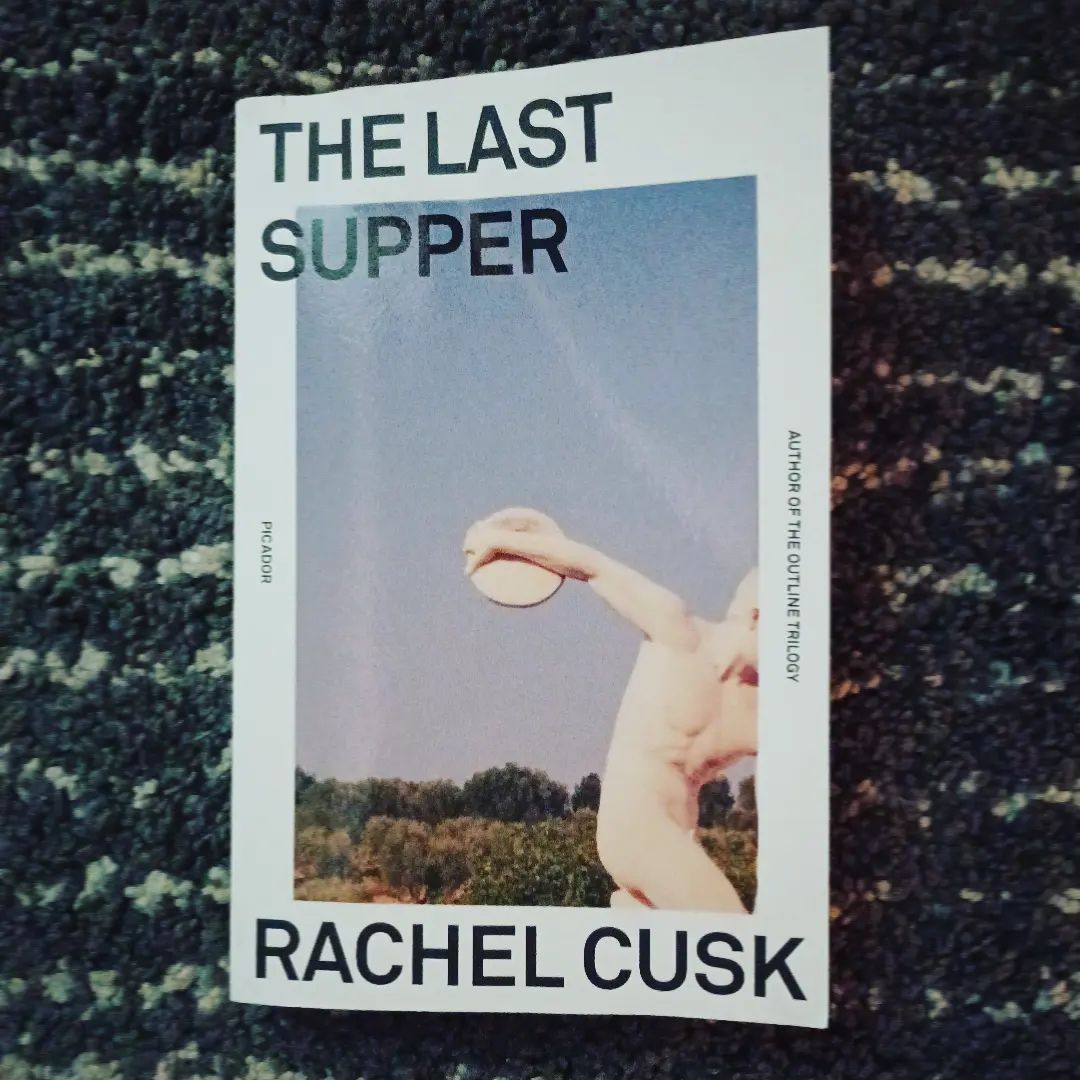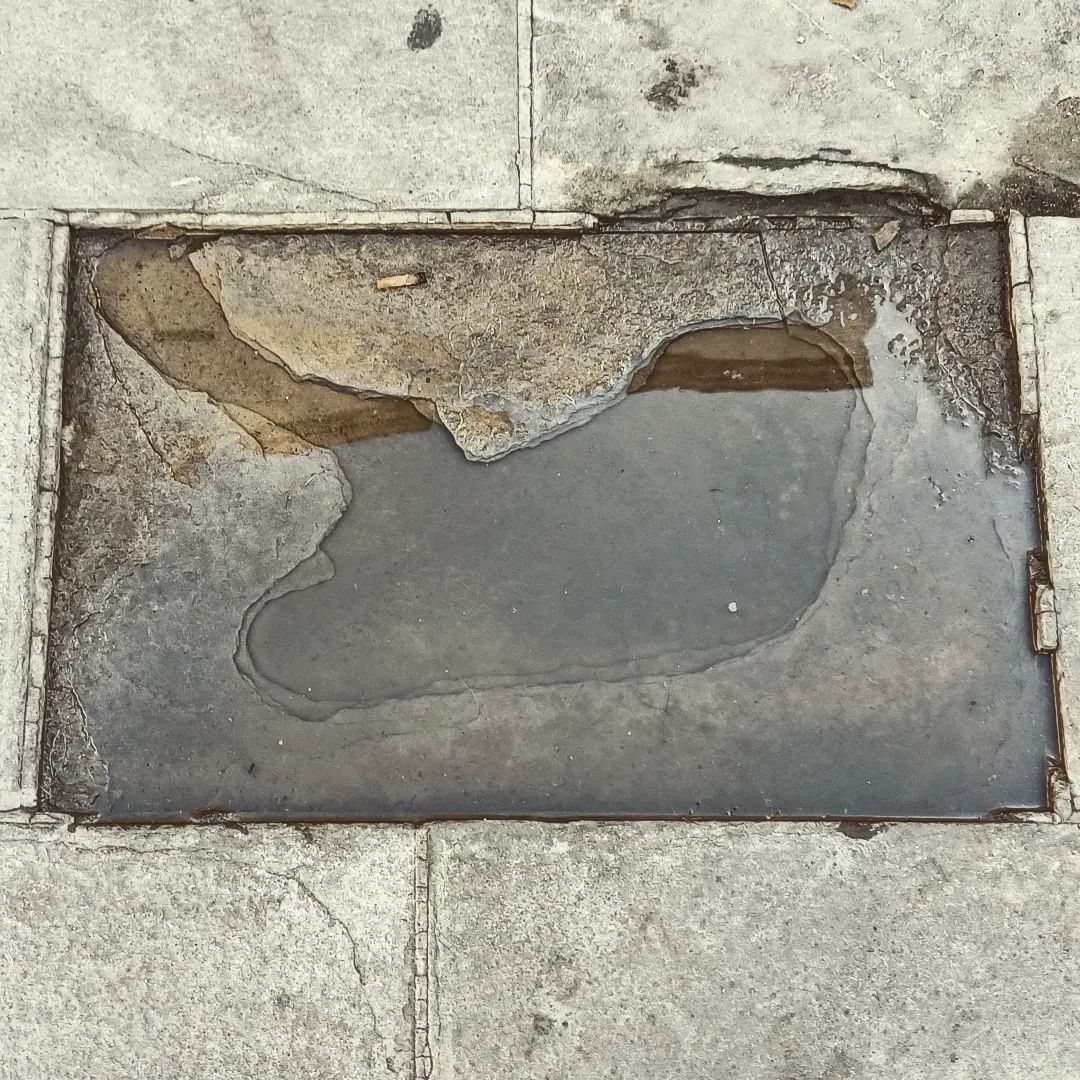
Troilus and Cressida (1601-ish) is a play largely faded from popular reference. No one even mentions Troilus anymore, and Cressida mostly sounds like a used Toyota, or a hipster au Adam Gopnik from his classic expat memoir, From Paris to the Moon (2001).
But when it was written, right around the time Good Queen Bess (Elizabeth I) was commending her soul to the Mercy of God, Troilus and Cressida was as familiar a story to Elizabethans as Romeo and Juliet is to us today. Everyone knew of this romantic subplot, tangential to the Trojan War (Greeks and Trojans; that wooden horse; “beware of Greeks bearing gifts.” Etc.) So Shakespeare could afford to splash out, create tons of characters with lengthy speeches, because odds were his spectators already had firm grasp on the story thread before they settled themselves for the ironic opening address in the first lines after the lights went down.
A never writer to an ever reader: news.
Eternal reader, you have here a new play, never staled
with the stage, never clapperclawed with the palms of
the vulgar, and yet passing full of the palm comical, for
it is a birth of your brain that never undertook anything
comical vainly.
A new play, indeed. Hardly.
But here’s the thing. And I’m no shirk on the Trojan War, having put my time in the Classics as a Letters major back in the day, even as Victor quickly surpasses my knowledge with a fresher perspective on the Odyssey, Iliad and Aeneid, reading them in Italian sixth grade with a teacher full of a genuine love for the topic. But the Trojan war and its many themes, Helen and Paris, Agammemon, Ajax and Hector, Achilles and Patroclus, Priam and Cassandra (o Cassandra!), seem to melt together. It’s a common challenge for this production, replete with Greek generals spouting long-winded speeches, to differentiate the characters. I found a pre-pandemic production mounted by the Maryland Shakespeare Players (is it possible that Americans are crazier for Shakespeare than the English? I think this is very possible and merits its own lay investigation). The play, heavily redacted and highly creative, featured Cassandra in drag and every Greek costumed in a war from a different era, from Napoléon to Desert Storm. While the Greeks were indeed differentiated, the fractured visual chronology did nothing to simplify an already complicated play.
We want to focus on the plot of Troilus and Cressida, but we keep getting dragged back out into the battlefield, listening to doddering Nestor, Cassandra’s elderly counterpart, who himself brims with observations. Greeks screaming about the battle, and the plan, and why don’t they just bring Helen back to stop this who war nonsense. Cressida is forcibly returned to her father after having given herself to Troilus, and her father in turn trades his daughter to the Greek camp, where she (trigger warning) is promptly gang-raped. The substance is dark. She tries to make the best of an awful situation yet is judged by all to have been “inconstant” even as Troilus did fair little to keep up his end of the bargain. I don’t know – I am fairly tired of plots, from any era, where a virtuous woman is unfairly judged and drowns in the end anyway. We know this story all too well, and it never gives joy.
Cressida. Prithee, tarry. You men will never tarry.
O foolish Cressid! I might have still held off,
And then you would have tarried. Hark, there’s one up.
There are those who say that Troilus and Cressida will have its day. That the piece, so complicated and fractured is, in fact, quite modern, and remains a sloggy pit to be mined for precious gems. New understanding. That it has so much to say about the dawn of colonialism and capital and human capital – I don’t refute that. For one who wishes to go digging for the origin stories of our modern conflicts, I say, have at it. I’m sure it’s all in there, as fractured as a Cubist masterpiece, showing us ourselves through the wrong end of a kaleidescope over four centuries ago. That is all as it may be. Così sia, as the Italians say. But for this reader, coming to a late-career Shakespearean play that was incredibly categorized as a “commedie,” it’s heavy, complicated stuff, perhaps ripe for a modern reboot, or maybe not, since modern storytellers and real-life actors do not hesitate to repeat a well-worn tragedy.
So, I have no deep thoughts to report on this one. In fact, my current thoughts on the piece are close to what I feared I might feel about every Shakespeare play I hadn’t read prior to The Shakespeare Project. I have been more pleasantly surprised to find real delight in many of the murkier pieces, the history plays in particular. I suppose I am relieved that this is the first time I have felt, Shakespeare? Meh.
Timon of Athens is teed up. Onward …








